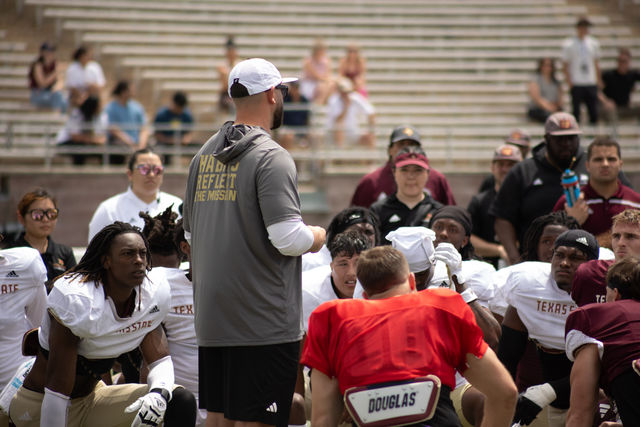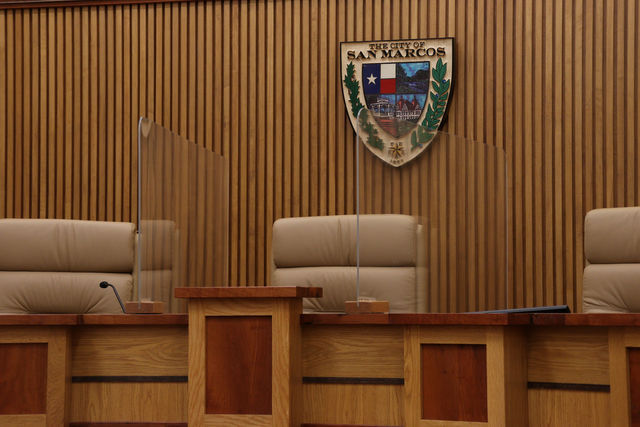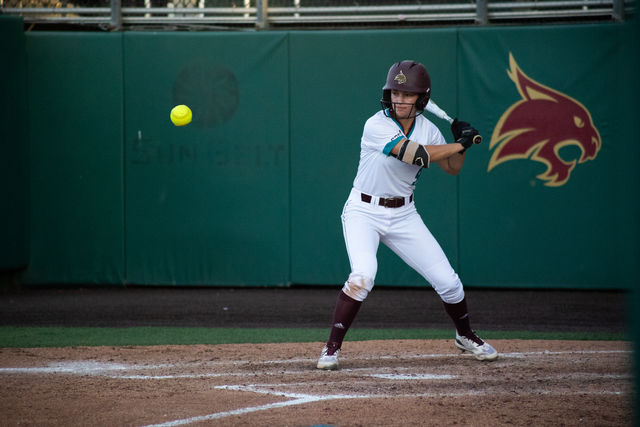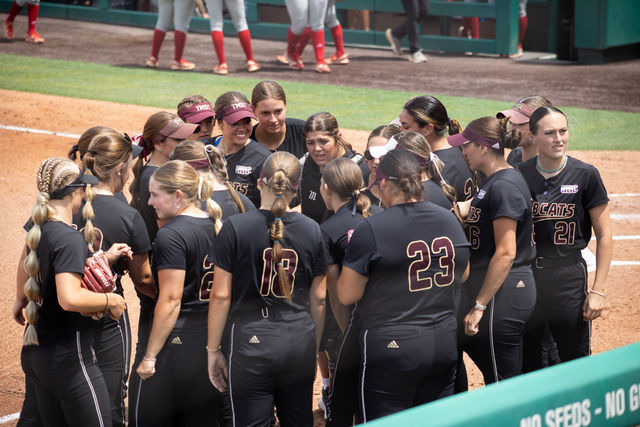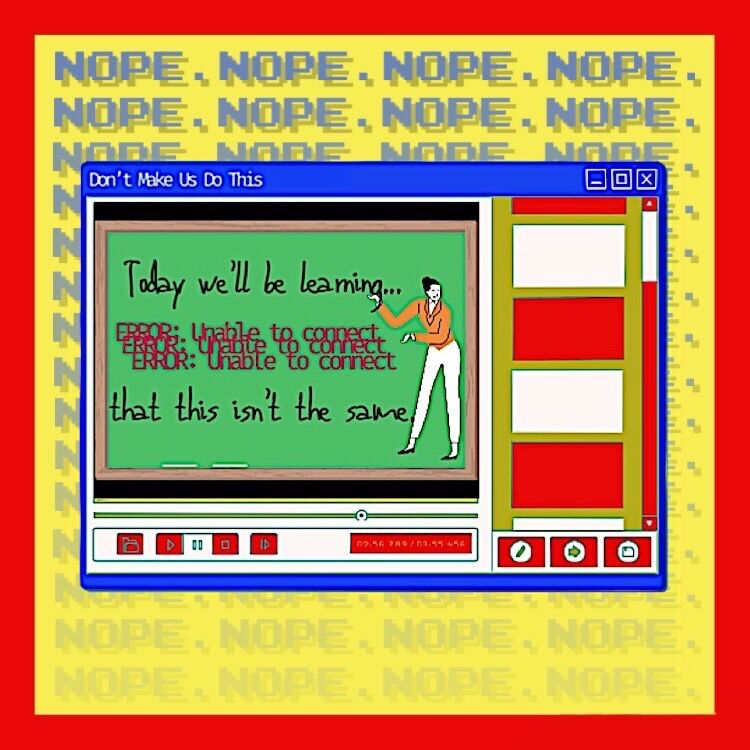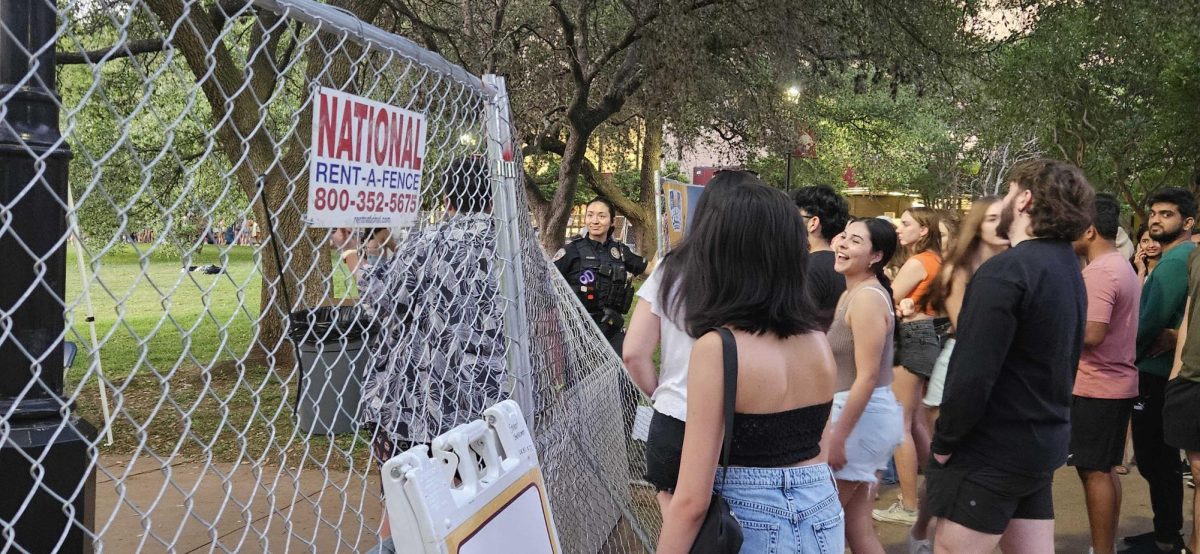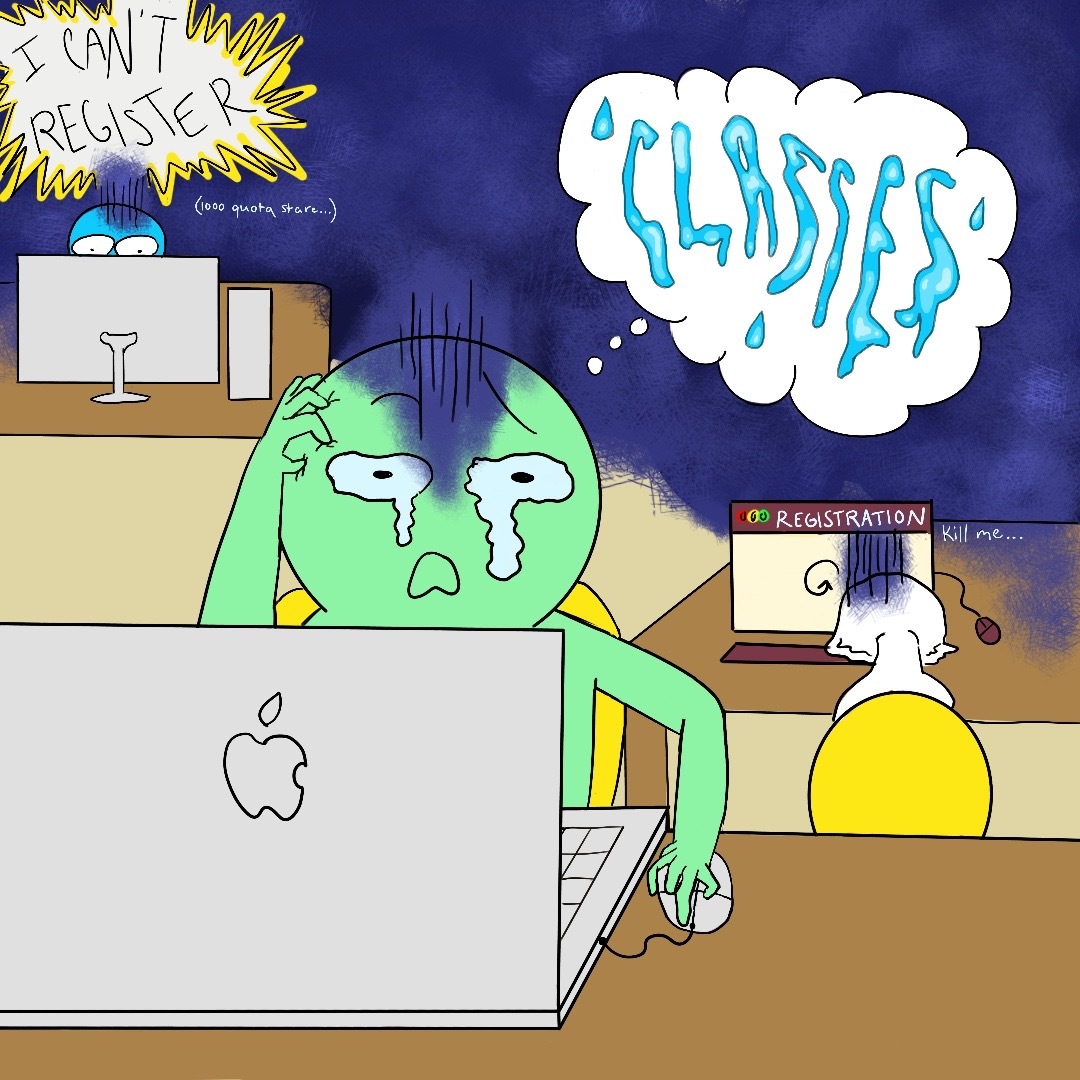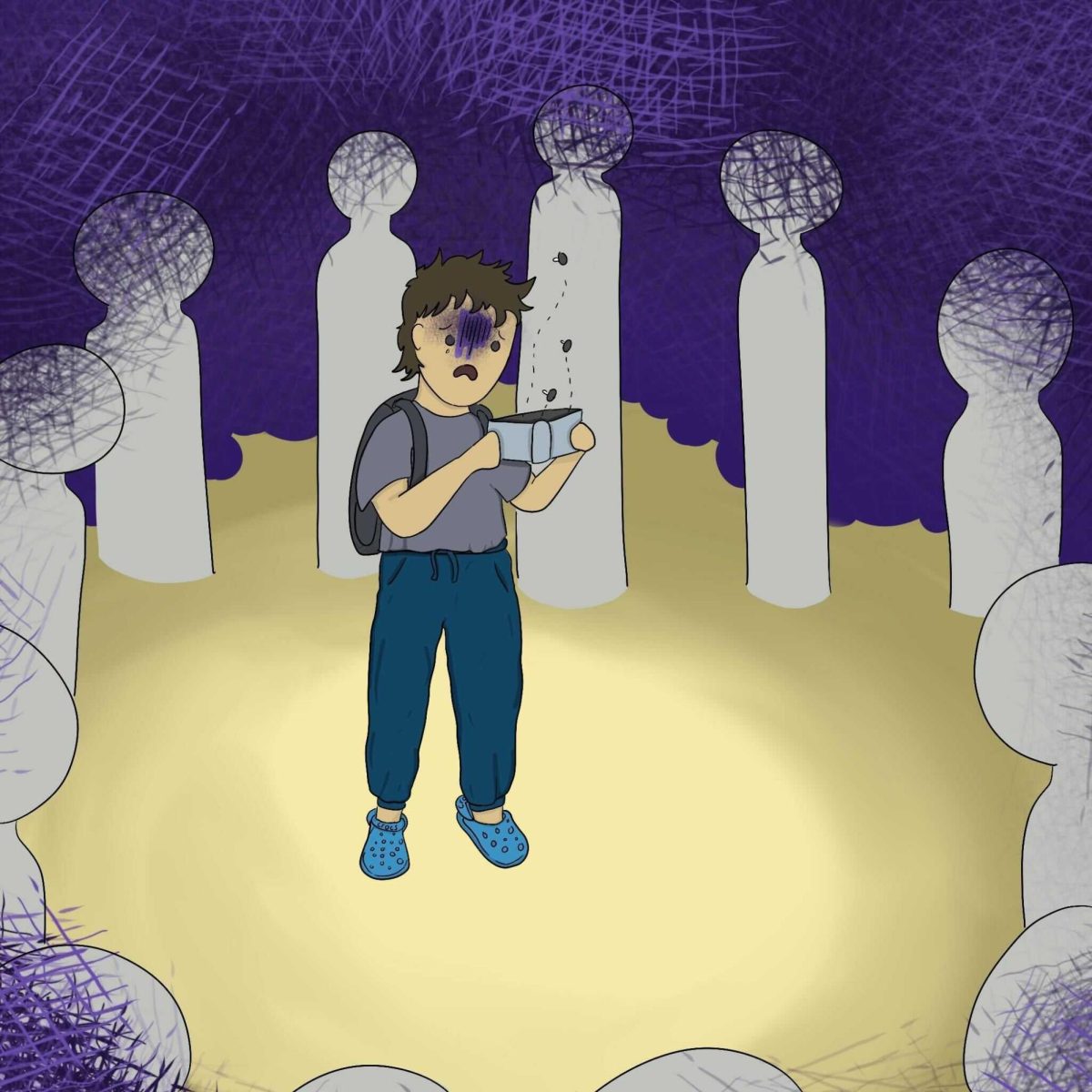As difficult as the sudden transition from in-person to distance learning has been for students, Texas State faculty and instructional assistants, or IAs, have been faced with a series of difficult decisions and realities.
With very little preparation for this change in format, instructors did not have the ability to ensure equitable educational experiences for all their students, creating an unfair predicament for both faculty and students. Instructors need clear guidelines for teaching online and a stronger support network.
Instructors at Texas State have struggled with changes to syllabi and access to several online platforms, including Zoom and TopHat. Even lectures are now unfamiliar territory for many professors who record class sessions and feel as though they are droning into an unresponsive void.
But it is even more confusing for IAs—mostly graduate students—who are receiving conflicting information on how best to do their jobs now that labs are online. Labs are, by nature, hands-on learning experiences designed to complement a lecture course. When no one is able to physically attend these labs, student understanding is bound to suffer.
The limited professional development IAs have focuses on in-person learning. IAs’ limited training does not prepare them for the IT issues, personal problems or questions about the structure of the course that students bring.
While some institutions, such as Washington State University, are able to send out at-home lab kits to demonstrate materials, other courses, such as microbiology labs, do not have that luxury; especially at an institution, like Texas State, who is projected to make significant budget cuts across all departments.
Some experts projected in the past several years that online learning would take over the world of higher education, despite the low student retention rate experienced by online learning systems. Certainly, Texas State students have pursued online classes for core requirements in the past, hoping to be able to work on the online coursework at their own pace in order to have more time for their in-person coursework when they needed it.
But when all coursework is online, at varying paces, students are anxious that their grades will drop with no social infrastructure and less accountability than they had in the learning environment they enjoyed earlier in the semester. Coupled with other effects of the COVID-19 crisis, like sickness, income and food instability and loss of housing, class enrollment is shrinking nationwide. This effect is only magnified for low-income and non-traditional students.
When students are impacted, instructors are too. Their duties become much more than teaching classes, conducting office hours, attending meetings and responding to emails. Instructors’ connections to students lead them to worry about real-life circumstances, such as COVID-19, keeping their students from succeeding.
When lab coordinators are overwhelmed with the extra considerations that come with teaching online, IAs can be left feeling lost and unsupported. When there is no departmental guidance for IAs on the expected minimum duties of their new role as online instructors or even an introduction to the educational changes required to teach online, an extra layer of confusion and frustration is added to graduate students’ already heavy burdens.
Of course, Texas State—or any university in the world, for that matter—has no control over the spread of COVID-19. The spread is unpredictable, especially in a state with low testing rates; however, Texas State has to step up for instructors who are juggling their own problems alongside their students’.
Both students and instructors—especially students who are also instructional assistants—require more support, stability and consistency.
Texas State cannot expect labs to go online and still approximate the hands-on learning experience faculty and IAs are supposed to facilitate, nor can they expect them to give exams when students are scattered across the world.
It is natural to have chaos and confusion after only two weeks of planning time, but Texas State owes its instructors more help for the online-only summer I semester, and even more if distance learning ends up extending into the fall semester.
-Toni Mac Crossan is a biology graduate student

